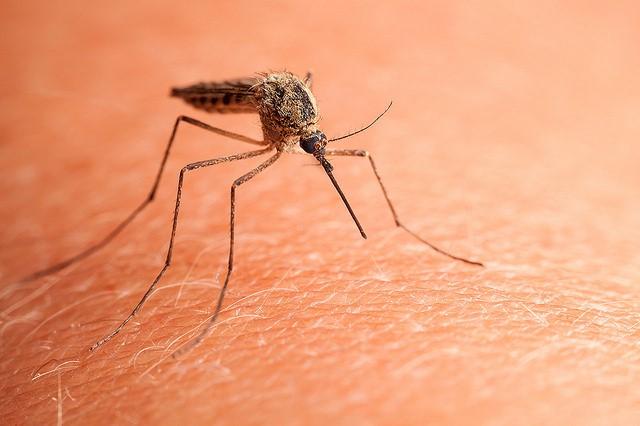
An anti-malarial drug developed in Portland has entered a clinical trial, the pivotal step before federal approval.
The drug grew out of experiments by Portland State University chemistry professor David Peyton. It was then licensed to a PSU startup, DesignMedix, for development. Dubbed DM1157, it's been tested on blood from Asians and Africans with malaria. The parasite has become resistant to other drugs but this one was 100 percent successful in the blood tests.
Sandra Shotwell, co-founder and CEO of DesignMedix, said DM1157 would fill a big gap.
"Existing malaria medicines are becoming less effective because of the rise in drug resistance in malaria parasites," Shotwell said in a statement. “This new medicine is designed as a first line therapy to overcome drug resistance, and if approved could be used to treat millions of people worldwide, allowing many sickened with malaria to make a complete recovery.”
Duke Clinical Research Institute in North Carolina is conducting the clinical trial, which started in August. Researchers will recruit about 100 people altogether. They'll be given the drug orally and then followed up on to test for any symptoms or reactions.
"They will be checked over several days for any clinical signs, using blood draws, etc.," Shotwell said in an email. "The drug doses will increase with each cohort of volunteers until we reach and then pass the dose anticipated to be curative."
If the drug passes, researchers will move to phase II, testing the drug in malaria patients, likely in Africa. Shotwell said that scientists need to see that the drug is absorbed into the bloodstream and safe at the curative dose.
Peyton's original experiments involved modifying chloroquine, a widely used anti-malarial drug which no longer works because the parasite had developed resistance to it.
If DM1157 passes all the clinical trial stages, showing it's safe and kills the parasite, it will be up for licensure by the Food and Drug Administration. The potential market is huge.
Malaria sickens more than 200 million people every year and kills more than 400,000, mainly children younger than 5. The disease has killed more people in Vietnam alone than in the last five years of the Vietnam War, Shotwell said. That's nearly 1.5 million people, according to the Swedish-based Armed Conflict Database.
This is the first drug developed at PSU and DesignMedix to reach a clinical trial. It was manufactured by Cascade Chemistry in Eugene and formulated into capsules by Seran Bioscience in Bend.
Developing a viable drug costs millions. Shotwell did not provide any dollar amounts but she did say the National Institutes of Health provided funds for the initial lab work at PSU and that several small business grants helped DesignMedix with development. The state also contributed through the University Venture Development Fund to PSU and DesignMedix and through research and business grants.